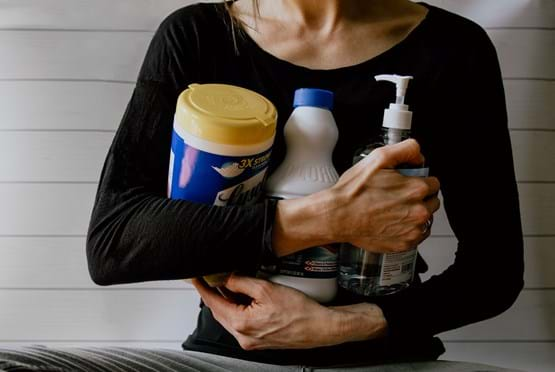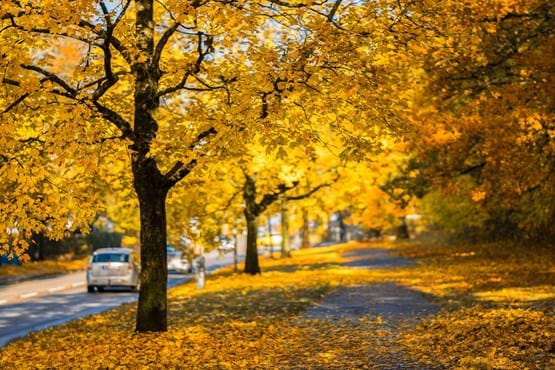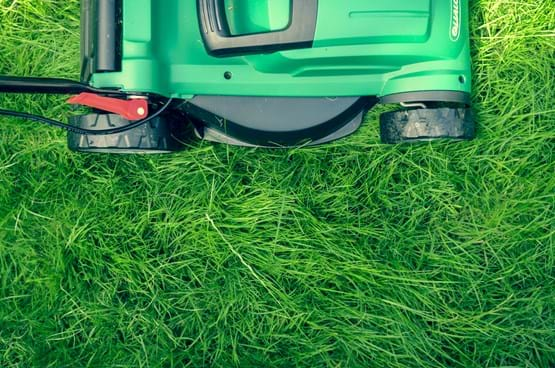What you can do at home and in your yard
Many routine activities that you do to maintain your home and lawn can impact stormwater and water quality.

At Home
- Sweep up and properly dispose of construction debris such as concrete and mortar
- Use hazardous substances like paints, solvents, and cleaners in the smallest amounts possible, and follow the directions on the label. Clean up spills immediately, and dispose of the waste safely. Store substances properly to avoid leaks and spills
- Purchase and use nontoxic, biodegradable, recycled, and recyclable products whenever possible
- Reduce the amount of paved area and increase the amount of vegetated area in your yard. Use native plants in your landscaping to reduce the need for watering during dry periods. Consider directing downspouts away from paved surfaces onto lawns and other measures to increase infiltration and reduce polluted runoff
- Drop off unwanted medications and outdated prescriptions at designated drop-off locations for free and safe disposal
For additional information on household hazardous waste, please visit Curb It.

Leaves and Stormwater
Everyone enjoys the beauty of bright autumn leaves in the Treasure Valley. But when leaves fall in our yards, it’s important to rake them up! That's because rain carries leaves into our neighborhood storm drains, polluting local waterways and clogging stormwater systems.
Leaves contain the nutrients phosphorus and nitrogen, which can cause algae blooms and lowered oxygen levels that harm plants and animals living in the Boise River and other local waterways. When leaves build up in storm drains, stormwater can’t flow through freely, leading to flooded streets, yards, and even basements.
Preventing stormwater pollution and flooding in your neighborhood is simple. Never blow or rake leaves into the street or sidewalk. You can put leaves in your compost cart or compost pile to put nutrients back into the soil while keeping our river clean and healthy. If you do not have access to compost, follow local guidance on leaf collection. You can also use a rake or broom to clear leaves and debris from storm drains, which will help prevent flooding.
For more information on leaf collection in Boise, please visit Curb It.

In Your Yard
- Use pesticides and fertilizers sparingly. When use is necessary, use these chemicals in the recommended amounts. Avoid application if the forecast calls for rain; otherwise, chemicals will be washed into the stormdrain
- Select native plants and grasses that are drought- and pest resistant. Native plants require less water, fertilizer, and pesticides
- Sweep up yard debris, rather than hosing down areas. Compost or recycle yard waste when possible
- Don’t overwater your lawn. Water during the cool times of the day, and don’t let water runoff into the storm drain
- Cover piles of dirt and mulch being used in landscaping projects to prevent these pollutants from blowing or washing off your yard and into the stormdrain. Vegetate bare spots in your yard to prevent soil erosion